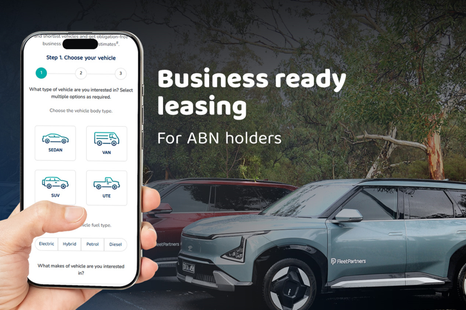

CarExpert
Smarter leasing made easy with FleetPartners
60 Minutes Ago
Australia's car brands have slammed the federal government for trying to make dealers 'a protected species', as brands seek new ways to sell cars

Senior Contributor
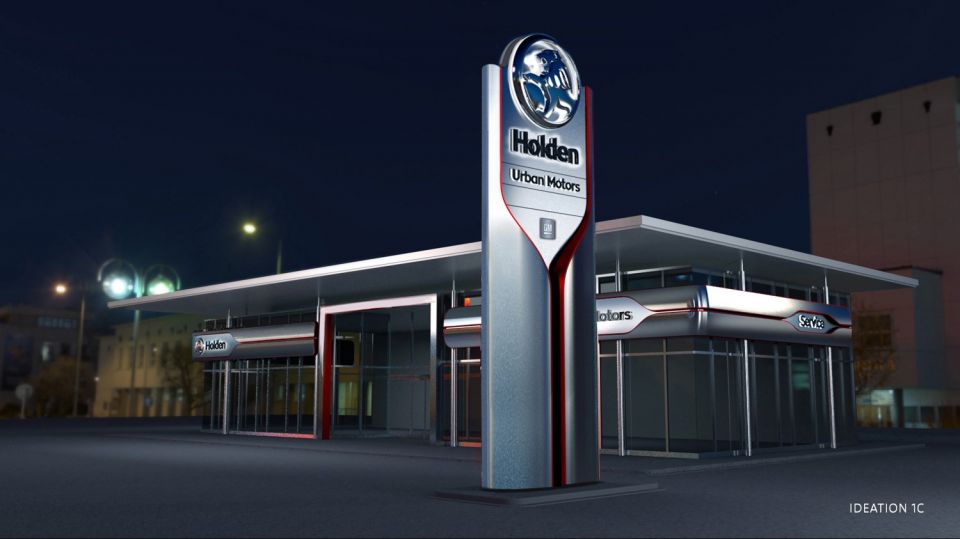

Senior Contributor
The Federal Chamber of Automotive Industries, lobby group for Australia’s car brands, this week launched a broadside at the federal government over the grey-sounding topic of dealer franchise reform.
On August 10 the government signalled interest in setting up a standalone code of conduct for car dealer franchisees, and creating the means for mandatory binding arbitration to settle fights between car brands and dealers.
The context is defined by GM Holden’s messy exit from the Australian market and the fallout rained onto its locally-owned independent dealers, which in turn led to a Senate Inquiry and a widening of the net to toughen up the rules.
You can read the full Franchise Code reforms here if you’re interested.
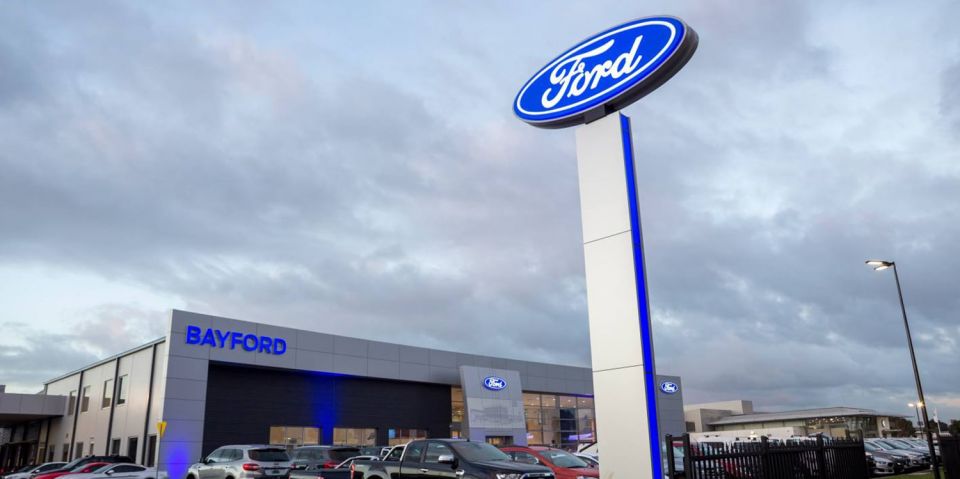
Car manufacturers are beginning to explore non-traditional sales channels to either replace or supplement conventional dealer franchisees, which has caused concern among this sector around its longer-term future.
These new methods include direct-to-consumer models as per Tesla or Cupra, or the Honda and Mercedes-style agency model in which OEMs no longer wholesale stock to their independent dealers but rather use them as fixed-price handover and service agents.
The Morrison Government says its aim is “to protect Australia’s family-owned automotive businesses and their employees from the growing power imbalance with multi-national car companies”, rather than enforcing particular methods.
But in a submission to the discussion paper, the FCAI’s chief executive Tony Weber said a stand-alone code with specific protections for car dealers erred towards over-regulation, stifling retail innovation, and entrenching one sales model.

He also questioned the timing.
“Australians have choice in how they buy clothes, electronics and even real estate and want the same choice when buying a new car. They also recognise that limiting these options destroys innovation,” Mr Weber argued.
“To consider further changes, without observing the impact of amendments introduced only months ago [following the senate inquiry] is premature and clearly not driven by any evidence of market failure.
“As with any new regulatory arrangement, understanding its impact compared to its intent is vital to good governance. This has to be done before any further changes can even be contemplated.”

The submission also contends that a standalone code for car dealers built on existing franchise laws would impose significant costs to the industry “and ultimately the consumer”.
“Further protections will limit the industry’s ability to evolve to meet changing consumer behaviours and expectations, further disadvantaging Australian car buyers,” it added.
On the topic of Holden, which was key in getting this issue into such public prominence, the FCAI said the last round of changes “appropriately dealt with the consequences of this extraordinary event”.
On the proposal to introduce mandatory binding arbitration to impose settlements on disputes, the FCAI said it would “not help the new vehicle industry nor the consumer”.

“The Government’s current direction will designate car dealers as a protected species, beyond the reach of change, and at the expense of the Australian motorist,” Mr Weber finished.
“The Australian Government should not introduce any further regulation that will deny car buyers the choice in sales methods and competitive pricing they need and deserve.”
The FCAI’s arguments, which ultimately support the preferences of Australia’s car brands, stand in stark contrast to the peak body for the car dealers, the AADA. Last month its chief executive James Voortman said:
“The release of this discussion paper marks another significant step in reforming the imbalances that exist between Dealers and some Manufacturers.

“We believe this provides an opportunity for our industry to come together and build on the progress that has been made towards a fair and reasonable set of rules that govern relations between Dealers and Manufacturers.
“The consideration of options for compulsory binding arbitration is such an important element of this process given the experience of Holden Dealers in their dispute with General Motors.
“The prospect of a drawn out and costly legal battle resulted in most Holden Dealers accepting inadequate compensation packages.
“Even the request by the then Minister Michaelia Cash for General Motors to attend arbitration was flat out refused by the Detroit-based Manufacturer.
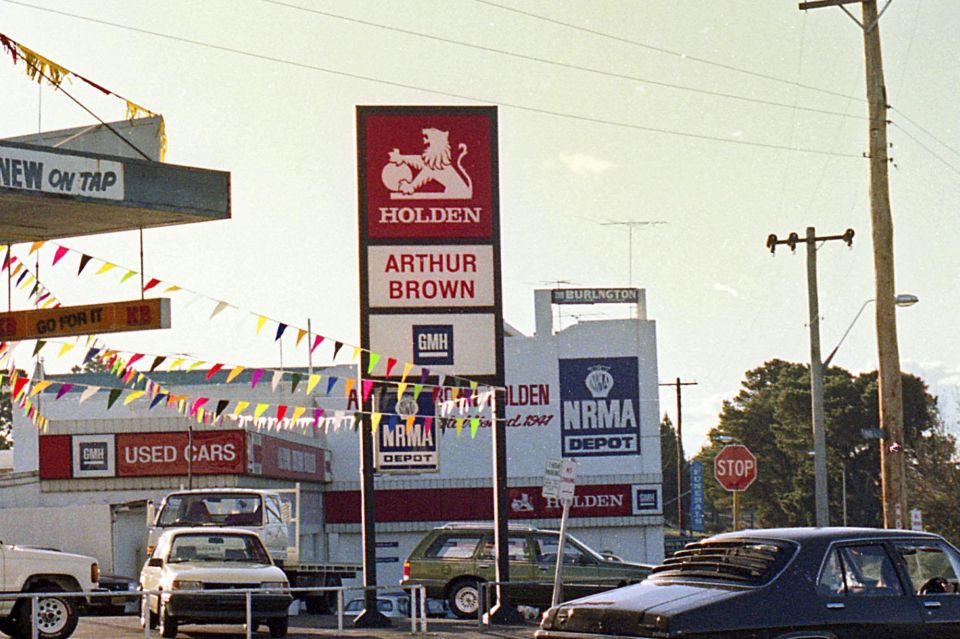
“You need only look at the Holden and Honda Dealers who are currently involved in protracted court battles with their franchisors to understand why the current system favours larger multinational corporations over Australian businesses.
“… We also look forward to working with the Government in considering the merits of a stand-alone Automotive Code relative to the current approach.”
What’s next?
As per the Australian Treasury, the government will soon release exposure draft legislation on reforms to unfair contract term protections for consultation. In other words, the argy bargy continues.
MORE: Government accused of prioritising dealers over consumers MORE: Dealers the winners in new Federal franchise code MORE: Q&A with Tony Weber, CEO of the FCAI MORE: Q&A with James Voortman, CEO of the AADA


CarExpert
60 Minutes Ago


Damion Smy
1 Hour Ago
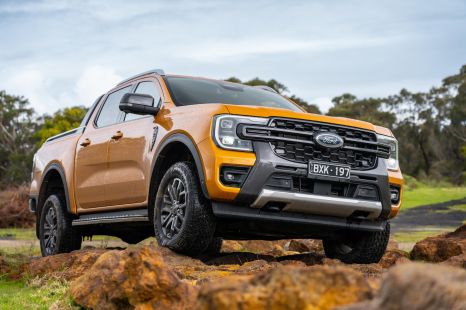

William Stopford
2 Hours Ago


Derek Fung
6 Hours Ago


Ben Zachariah
13 Hours Ago


James Wong
13 Hours Ago
Add CarExpert as a Preferred Source on Google so your search results prioritise writing by actual experts, not AI.